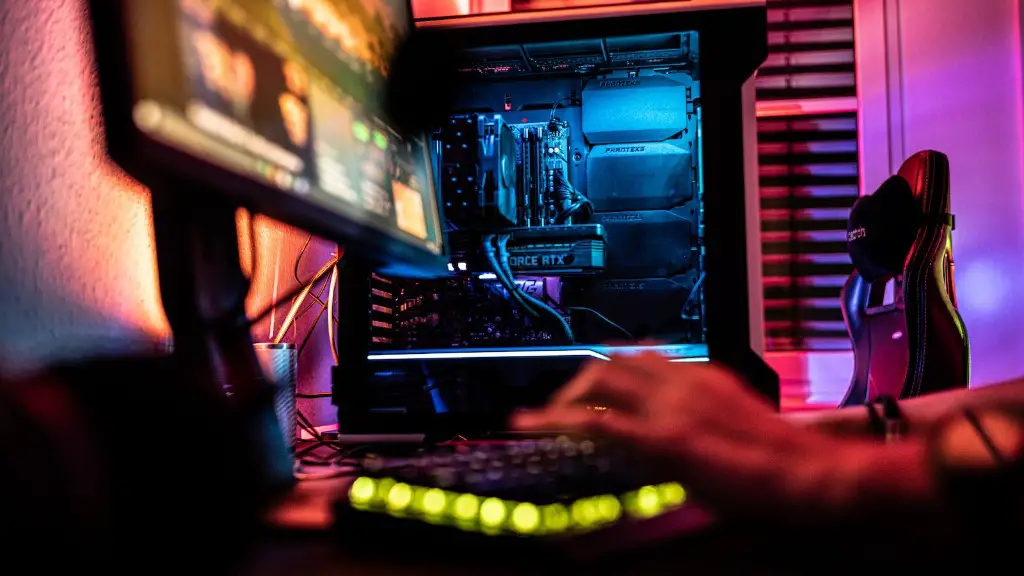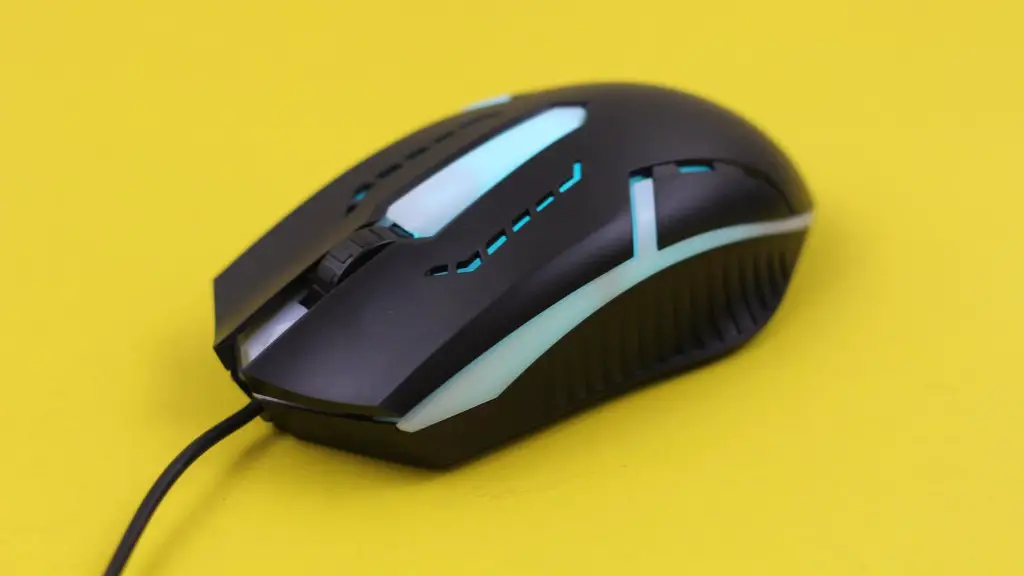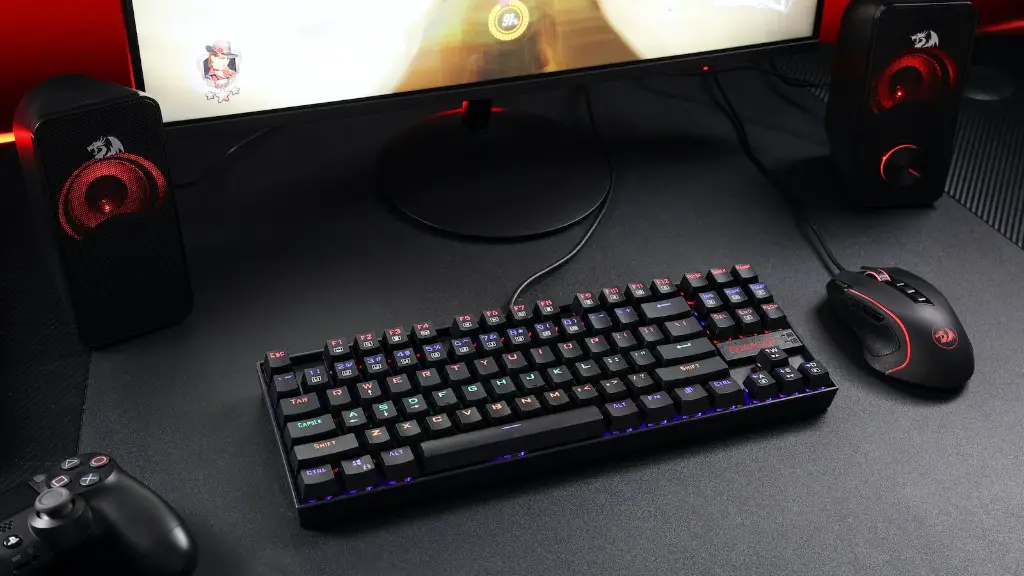Building your gaming PC is an exciting experience that requires some knowledge and understanding of the components you will use. Knowing what requirements you need and understanding the basics of how they interact with each other is crucial. In this blog post, we’ll discuss what are the requirements to build a gaming PC and provide some tips to get you started.
Before you dive into building your PC, you need to decide what type of gaming you’re going to do. This will help dictate the components and hardware you’ll need to consider. You will also need to consider your budget as this will determine the type of components and hardware you can purchase. After all, you don’t want to spend too much money on components and hardware that won’t deliver.
When it comes to choosing components, you will need to consider the processor, motherboard, memory, storage, graphics card and power supply. In addition to these, you will also need a cooling system, case, and storage. Each of these components are important and should be chosen based on the type of gaming you plan to do and your budget.
When selecting a processor, you should consider its generation, speed and cores. The newer the processor and the faster the speed, the more powerful the PC will be. The cores will also affect performance, so choose the processor with the most cores that fits your budget. For gaming, the majority of processors on the market today are suitable.
The motherboard is the main component of the PC and must be chosen carefully, as it dictates the type of processor, memory and storage you can use. When selecting a motherboard, you should also consider the size, speed and expansion slots. A larger motherboard can offer more expansion slots and a fast speed, as well as support for the latest standards such as PCIe 3.0.
The memory, or RAM, is what your PC will use to store and access data. It is important to choose the right type and speed of memory for the type of gaming you plan to do. High-performance gaming will require a large amount of RAM and high speed.
Storage will come in the form of either a hard drive or solid state drive. The type of storage you choose will depend on your budget and how much storage you require. Usually, a gaming PC will require at least 500 gigabytes of storage. A hard drive is cheaper, while a solid state drive is faster but more expensive.
Graphics Card
The graphics card is arguably the most important component in a gaming PC. It is responsible for processing and outputting the game’s graphics onto your display. The best graphics card for gaming will depend on your budget and the type of gaming you plan to do. High-end gaming will require a powerful graphics card such as Nvidia’s GeForce RTX 2080.
If you plan on playing competitive games such as Overwatch or Counter-Strike, it might be best to go for a mid-range card such as the RTX 2060. Such cards offer good value for money and allow you to enjoy high-end gaming without spending a fortune.
When buying a graphics card, a good rule of thumb is to buy one with a minimum of 6GB of RAM and at least 4GB of Video RAM. You should also take into account the type of connectors your card has, as these need to be compatible with your monitor. Finally, consider overclocking capabilities if they are available.
The power supply is an often overlooked component, but it’s important to choose the right one. Make sure you pick one that is suitable for your components and won’t be overloaded. A good rule of thumb is to choose one with a wattage that is higher than the sum of all your components.
Finally, you will need a good cooling system to keep your components from overheating. Components such as the Graphics Card and the Processor generate a lot of heat and require adequate cooling to ensure maximum performance. There are a variety of options, such as water cooling or air cooling, and these should be chosen based on your budget and preference.
Case
The case is arguably just as important as the other components. It is what houses all your components and also provides protection against dust and other particles. When choosing a case, make sure it is compatible with the size of your motherboard and other components.
Additionally, you will want to look at the type of cooling your case offers. Most cases are designed with air cooling in mind, but some offer additional cooling options such as liquid cooling. If you plan on overclocking, then it is essential to have good cooling.
Finally, consider the number of expansion slots your case has, as this dictates the number of components you can install. Most cases come with at least one expansion slot, but it is always better to have a few extra in case you need to upgrade in the future.
Accessories
Apart from all the components, you will also need to consider some accessories that will improve your gaming experience. Things such as a Wi-Fi adapter, a gaming mouse and a gaming keyboard all help to enhance your gaming experience.
Other accessories that are worth considering are a monitor, headphones and a gaming chair. A monitor will drastically increase the quality of your gaming, while headphones and a gaming chair ensure that you are comfortable while playing.
Finally, you should consider upgrading your PC as more powerful components become available. This will ensure that your gaming PC remains up to date and performs at its best.
Assembly
Once you have all the components and hardware, you can begin assembling your gaming PC. You should follow the instructions from the manufacturer of each component, as well as any other instructions from the case or power supply.
First, prepare the case by laying out all components and connecting them to the motherboard. Then, install the power supply and connect all cables. After that, install the memory, processor and graphics card, making sure to follow the instructions from the manufacturer.
Next, install the storage and connect all other componeents. Finally, make sure that the BIOS is set to the correct settings and start up the PC. Test all components to ensure they are working properly and you’re good to go!
Tips
When building a gaming PC, you should never skimp on quality components. Investing in good quality parts will ensure that your PC performs at its best and runs as smoothly as possible.
It is also important to ensure that the components you choose are compatible with each other. Always make sure you read the instructions from the manufacturer of each component or the case, and double-check to make sure all parts are compatible.
Finally, it is always best to build your gaming PC with help from a professional or experienced friend. This will give you the confidence that the components are installed correctly and that all of the components are compatible.
Upgrading
Gaming PCs are constantly evolving and improving, and upgrading your PC will help keep it at the top of its game. Upgrading your graphics card or processor is a great way to improve your gaming experience, and so is adding more RAM.
Another way to upgrade your PC is to invest in better storage. Having a fast and large solid state drive can drastically improve your gaming experience, as it eliminates any loading times. Additionally, investing in a good cooling system will ensure that your PC runs at optimal temperatures and prevents overheating.
Finally, you should take advantage of any available upgrades. Many parts come with new versions or features that can drastically improve performance. Do your research and be sure to check for any new versions or features before buying.



